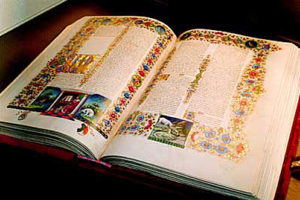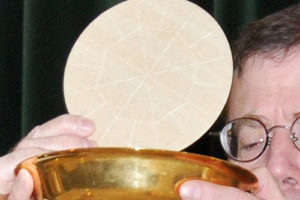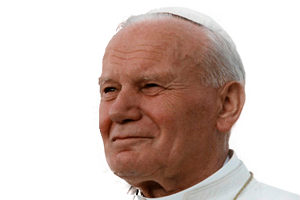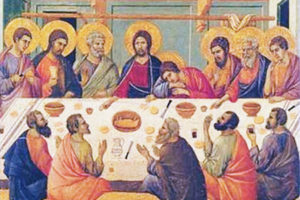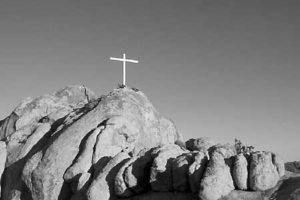VIDEO: CATHOLIC MASS READINGS & HOMILY: Memorial of Saints John de Brébeuf and Isaac Jogues, Priests, and Companions, Martyrs, Friday 10.19.18 – EWTN (Alabama)
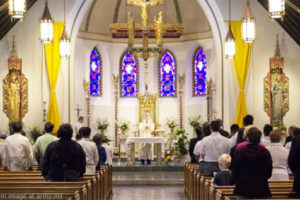
Catholic televised Mass Readings and Homily for theMemorial of Saints John de Brébeuf and Isaac Jogues, Priests, and Companions, Martyrs, Friday, Oct. 19, 2018, from EWTN in Alabama. [Click here for Mass Readings]
» Read more

